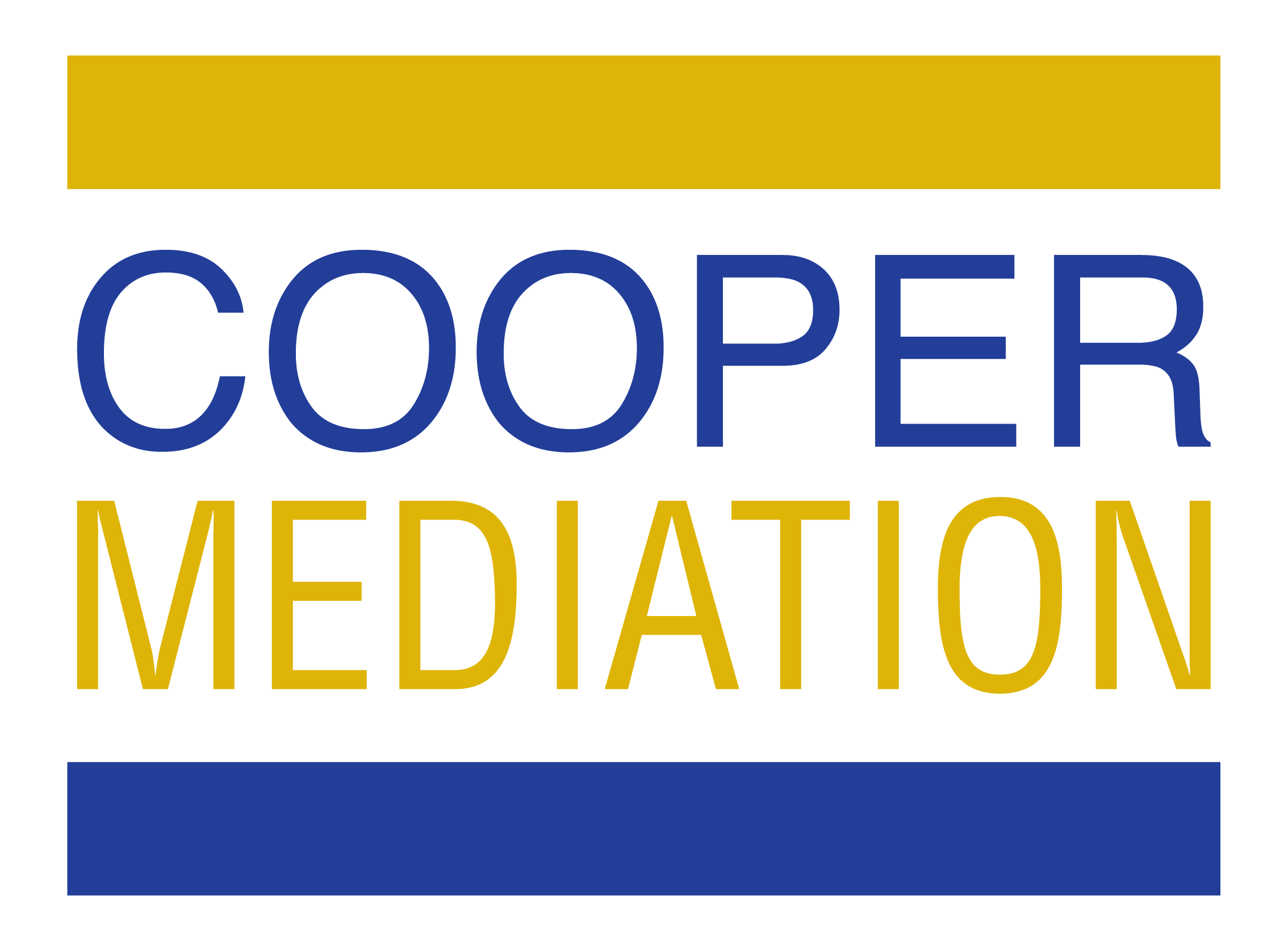
05 Mar “A Way With Words”: Common Mediator Sayings and Phrases
One of the most enjoyable parts of life is listening to someone who “has a way with words.” It may be a talented storyteller or songwriter or maybe it’s a witty person who can always be counted on to add some humour to a situation without missing a beat.
In mediation, words matter. While not all of us may have a natural talent for finding just the right word for every situation, we can all remember and reflect on some tried and tested sayings that seem to sum up a situation so well. In this second blog post in my “Mediators Sayings” series, I share some more phrases that I return to in mediations again and again. For a recap of the first blog post in this series, please read: “Use Your Words”: Common Sayings as Mediators Get To Work.
Active Listening and Thinking Before Speaking
Mediator Ben Picker suggests that “every word in negotiation is a signal.” Of course, this applies to all parties present and it should mean that you should do your best to choose your words carefully and, at the same time, listen carefully for clues and cues. As Ambrose Bierce has astutely stated, “Speak when you are angry and you will make the best speech you will ever regret.”
“The real art of conversation,” according to Benjamin Franklin, “is not only to say the right thing in the right place, but to leave unsaid the wrong thing at a tempting moment.” Rather than being paralysed by the fear of saying the wrong thing, you should try to make a point of only speaking when you have something of value to say. Choosing to show you are listening attentively when you’re silent can be just as important as the words you utter – perhaps even more so.
You can never listen yourself into trouble, but you can show the other parties at the table that you are paying attention to what they are saying and considering their contribution to the discussion seriously. Remember, you have two ears and one mouth; use them in those proportions.
Don’t Take It Personally
Negotiations can be tense and when there is a lot at stake for the parties at the table, these stressful situations can lead people to say or do things which we might take offense to.
As difficult as it can be, it’s important to remember not to take these things personally. Another person’s behaviour, even if directed towards you, is not a reflection of you – it is a reflection of what they are feeling at that moment.
Reaching A Settlement
I’ve always found that “most people are willing to meet each other halfway; the problem is that most people are poor judges of distance.” As Winston Churchill said, “Where you stand depends upon where you sit.” Remembering that we all have different perspectives can help us find a middle ground…even if we may initially disagree about where that middle ground should be.
In my opening remarks, I tell the parties they probably will not love the settlement but they must be able to live with it. I am trying to get two points across. The first point is that the settlement must be acceptable not only at the end of a hard day of negotiations but the next day, after what I hope will be a decent night of sleep and with the benefit of thoughtful reflection. The second point is that the settlement must make sense, whether to the plaintiff or the insurer or others. This evaluation should be based on a critical evaluation of the facts, the anticipated evidence, application of the law and, last but certainly not least, an analysis of risk.
Conclusion
Perhaps my favourite phrase to offer to parties in a mediation is this: “What will tonight feel like were you to resolve this X years-long conflict?”
In the end, a sensible resolution is what really matters to all parties at the table. Coming to a mutually agreeable resolution at the end of the day will probably feel better than a case dragging on for months or years longer, with all the uncertainty, stress and expense that a delay can bring.
Getting to that mutually agreeable resolution may not be easy, but if you have a skilled mediator who has a certain “way with words” assisting you, it also may not be as difficult or seem as impossible as you might expect.
ABOUT THE AUTHOR
 Vance Cooper is principal of Cooper Mediation Inc. Vance devotes 100% of his professional time to mediating and arbitrating primarily personal injury and insurance cases. He serves as an arbitrator in loss transfer and party disputes under the Insurance Act.
Vance Cooper is principal of Cooper Mediation Inc. Vance devotes 100% of his professional time to mediating and arbitrating primarily personal injury and insurance cases. He serves as an arbitrator in loss transfer and party disputes under the Insurance Act.
Vance can be reached at vance@coopermediation.ca or (647) 777-4011.
To schedule a mediation with Vance, visit: http://coopermediation.ca/vances-online-calendar/.
